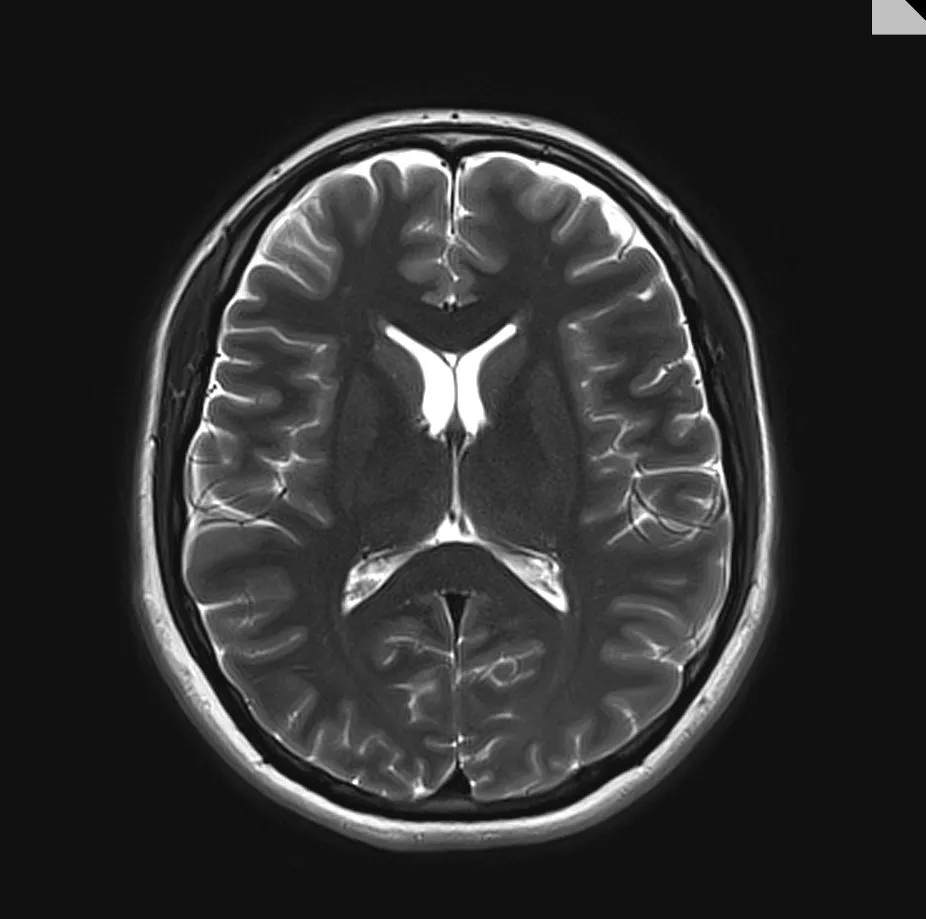
The team of 20, from the Universities of Edinburgh and Dundee, has approval to use a large data set made up of CT and MRI brain scans from patients in Scotland from 2008 to 2018, representing 1.6 million images.
Approval comes from the Public Benefit and Privacy Panel for Health and Social Care, a part of NHS Scotland.
Predictive analysis
The team will use artificial intelligence and machine learning to analyse the image data alongside linked health records such as demographics and treatment history, without patients being identifiable, to find patterns that could indicate a person’s risk of developing dementia.
The ultimate aim is to build a digital healthcare tool that radiologists can use when scanning for other conditions to determine a person’s dementia risk, and to diagnose early stages of related diseases, such as Alzheimer’s.
Isolating a patient group with a high risk of dementia will enable the development of more precise treatments for various types of dementia, mostly Alzheimer’s and vascular dementia.
The data will be held safely in the Scottish National Safe Haven, commissioned by Public Health Scotland, which provides a secure platform for the research use of NHS electronic data.
Collaborative effort
The project, called Scottish AI in Neuroimaging to predict Dementia and Neurodegenerative Disease (SCAN-DAN), is one of three initiatives, known as pathfinders, from global research collaboration NEURii, which launched a year ago.
Comprising global pharmaceutical company Eisai, Gates Ventures, the University of Edinburgh, national health data science organisation Health Data Research UK and medical research charity LifeArc, NEURii aims to translate world-class data, neurology and digital sciences into projects that can enhance quality of life for people living with dementia.
The NEURii collaboration provides funding and expertise to the pathfinder projects to remove barriers to getting digital health tools to market. The research teams are also supported by Edinburgh Innovations, the University of Edinburgh’s commercialisation service.
Better use of simple brain scans to predict dementia will lead to better understanding of dementia and potentially earlier diagnosis of its causes, which in turn will make development of new treatments easier. Currently treatments for dementia are expensive, scarce and of uncertain value. If we can collect data from a large group of people at high risk, who then give their consent to take part in trials, we can really start to develop new treatments.
Professor Will WhiteleyUniversity of Edinburgh’s Centre for Clinical Brain Sciences and SCAN-DAN co-lead
Scotland and the UK are at the forefront of clinical data research, building on the unique National Health Service patient number – called the CHI number in Scotland. This new data set will be of great use to neurological researchers. And, should we establish a successful proof of concept, we will have a suite of software tools that are smoothly and unobtrusively integrated with routine radiology operations, that assist clinical decision-making and flag the risk of dementia as early as possible.
Professor Emanuele TruccoExpert in AI and medical imaging at the University of Dundee and SCAN-DAN co-lead

